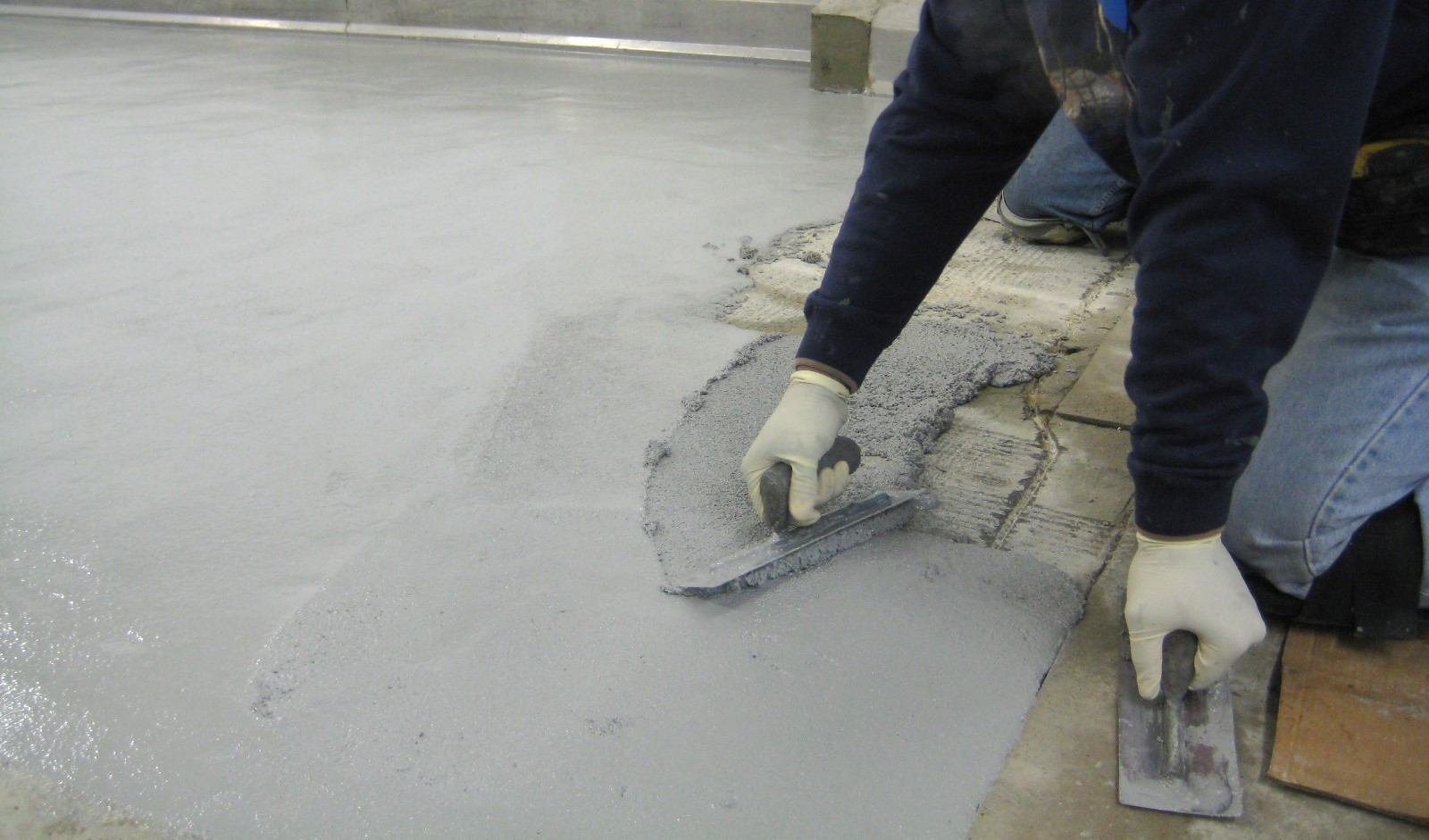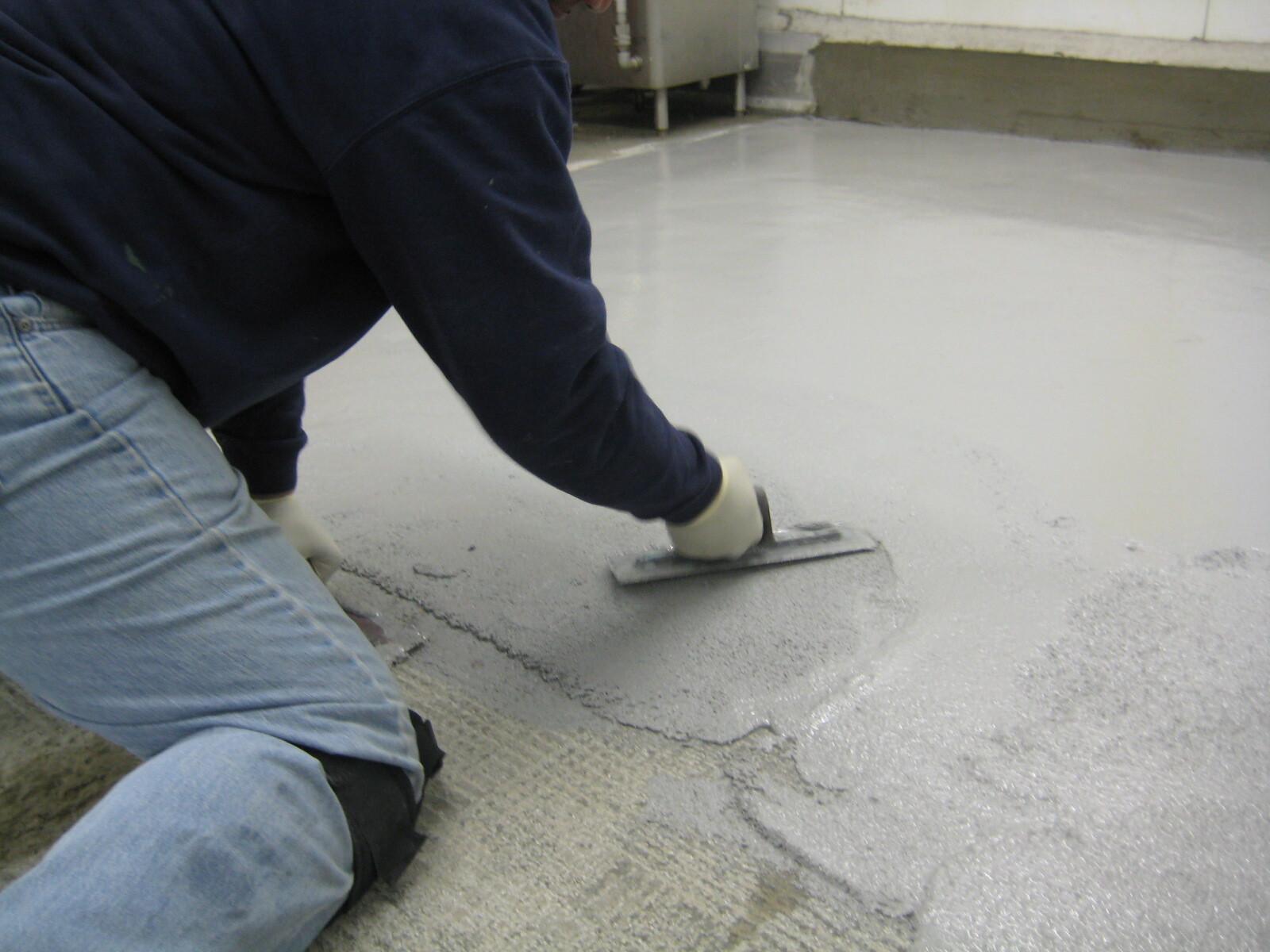Understanding How Urethane Mortar Floors Resist Bacteria
Introduction
Urethane mortar floors, such as MORTARTHANE™ HF, are engineered to provide a durable and hygienic flooring solution, particularly in environments prone to bacterial contamination. These floors are seamless, non-porous, and resistant to thermal shock, making them ideal for areas requiring frequent cleaning, such as food processing facilities and commercial kitchens.
Key Features:
- Seamless and Non-Porous Surface:
The continuous surface eliminates joints and seams where bacteria can accumulate, ensuring easy cleaning and reducing the risk of contamination. - Resistance to Thermal Shock:
Urethane mortar floors can withstand rapid temperature changes and exposure to hot water, which is common in industrial cleaning processes. - Enhanced Slip Resistance:
The textured finish of these floors provides improved traction, reducing the likelihood of slips and falls in wet conditions. - Chemical Resistance:
These floors are resistant to a wide range of chemicals, including acids and alkalis, which are often used in cleaning agents.
Installation Considerations:
- Preparation:
Proper surface preparation is crucial to ensure adhesion and longevity of the flooring system. - Application:
The flooring is typically trowel-applied, allowing for a smooth and even finish. - Curing:
Adequate curing time is necessary to achieve optimal strength and durability.


Why It Matters:
In environments where hygiene is paramount, such as food processing plants, maintaining a clean and sanitary floor is essential. Urethane mortar floors offer a reliable solution that not only meets but exceeds industry standards for cleanliness and safety.
Worth Every Step
Investing in a high-quality urethane mortar flooring system like MORTARTHANE™ HF can significantly enhance the hygiene and safety of your facility. By choosing a flooring solution that resists bacteria, withstands harsh cleaning processes, and provides long-lasting durability, you're ensuring a safer environment for both employees and consumers.
FAQS for Urethane Cement
FAQ 1: What is urethane cement and how is it used in industrial flooring?
Urethane cement, also known as urethane concrete or polyurethane cement, is a high-performance flooring material made by blending urethane resin with cement and aggregates. It is widely used in industrial and commercial settings such as food processing plants, breweries, pharmaceutical facilities, and commercial kitchens due to its exceptional chemical resistance, thermal shock tolerance, and durability. Urethane cement flooring is ideal for environments that demand easy maintenance, slip resistance, and long-term performance under harsh conditions.
FAQ 2: What are the key benefits of urethane cement flooring compared to epoxy?
Urethane cement offers several advantages over traditional epoxy flooring, including:
- Superior thermal shock resistance, making it ideal for areas with hot water washdowns.
- Better moisture tolerance, allowing installation on slightly damp concrete.
- Stronger resistance to harsh chemicals and organic acids, common in food and beverage industries.
- Faster installation and return to service, reducing operational downtime.
These benefits make urethane cement coatings a preferred solution for high-traffic and heavy-duty industrial floors.
FAQ 3: How long does urethane cement flooring last, and what affects its lifespan?
Urethane cement floors typically last 10 to 20 years, depending on the environmental conditions and level of traffic. Factors that influence longevity include:
- Proper surface preparation and installation
- Chemical exposure and cleaning procedures
- Thermal cycling and mechanical impact
When properly maintained, urethane cement systems offer one of the longest service lives among industrial flooring solutions, making them a cost-effective long-term investment.
Not sure which repair products are right for you? Contact our team today.
